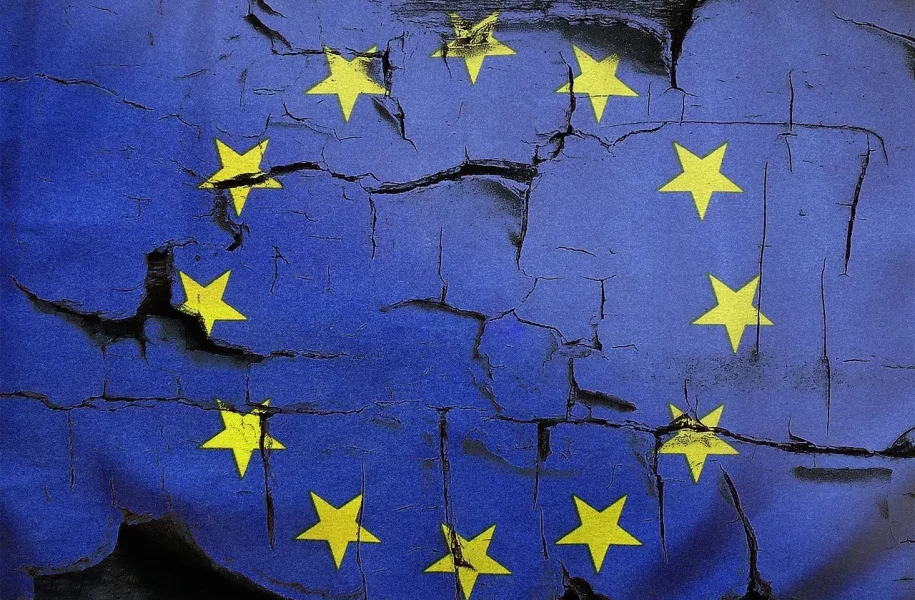ChatGPT Inspires Landmark AI Rules in Europe

European lawmakers took a significant step forward in advancing new regulations for artificial intelligence (AI) tools, including ChatGPT, after a crucial vote on Thursday resulted in an agreement on stricter draft legislation.
The AI Act, highly anticipated within the European Union, is poised to become the world’s first comprehensive legislation governing this technology. It introduces fresh guidelines concerning facial recognition, biometric surveillance, and other AI applications.
Following two years of negotiations, the bill is expected to progress to the next stage, where lawmakers will finalize its specifics in collaboration with the European Commission and individual member states.
Ahead of the vote by two committees of lawmakers, Dragos Tudorache, one of the parliamentarians responsible for drafting the laws, acknowledged, “It is a sensitive agreement. However, I believe it is a comprehensive package that caters to all the participants in these negotiations.”
“Our societies demand decisive action regarding artificial intelligence and its impact on their lives. Just by turning on the TV in the past few months, one can witness the growing significance of this issue for citizens,” Tudorache added.
The proposed regulations would classify AI tools based on their perceived risk level, ranging from low to unacceptable. Governments and companies employing these tools would be subject to varying obligations depending on the level of risk.
German MEP Svenja Hahn informed Reuters that the negotiations compelled conservative and left-wing MEPs to find common ground. “We have successfully reached a compromise that would regulate AI in a proportional manner, safeguard civil rights, and stimulate innovation and the economy,” Hahn stated.
READ MORE: Tether: $1.5 Billion Profits in Q1 – Bitcoin and Gold Reserves Revealed
During the vote on Thursday morning, MEPs agreed to prohibit the use of facial recognition in public spaces and predictive policing tools and to introduce enhanced transparency measures for generative AI applications such as OpenAI’s ChatGPT.
“This vote represents a significant milestone in AI regulation and sends a clear message from the Parliament that fundamental rights should be the foundation of such regulation,” emphasized Greens MEP Kim van Sparrentak. “AI should be a servant to people, society, and the environment, rather than the other way around.”
In June, the bill will undergo a plenary vote in the European Parliament before final terms are agreed upon through “trilogue” talks involving representatives from the European Parliament, the Council of the European Union, and the European Commission.
Once the terms are finalized, and the bill becomes law, there will be a grace period of approximately two years to allow affected parties to comply with the regulations.
“The European Parliament must approach the trilogue with the strongest possible position to safeguard the rights of all individuals within and entering the EU,” asserted Caterina Rodelli, EU policy analyst at the non-profit organization Access Now.
Source: Reuters













